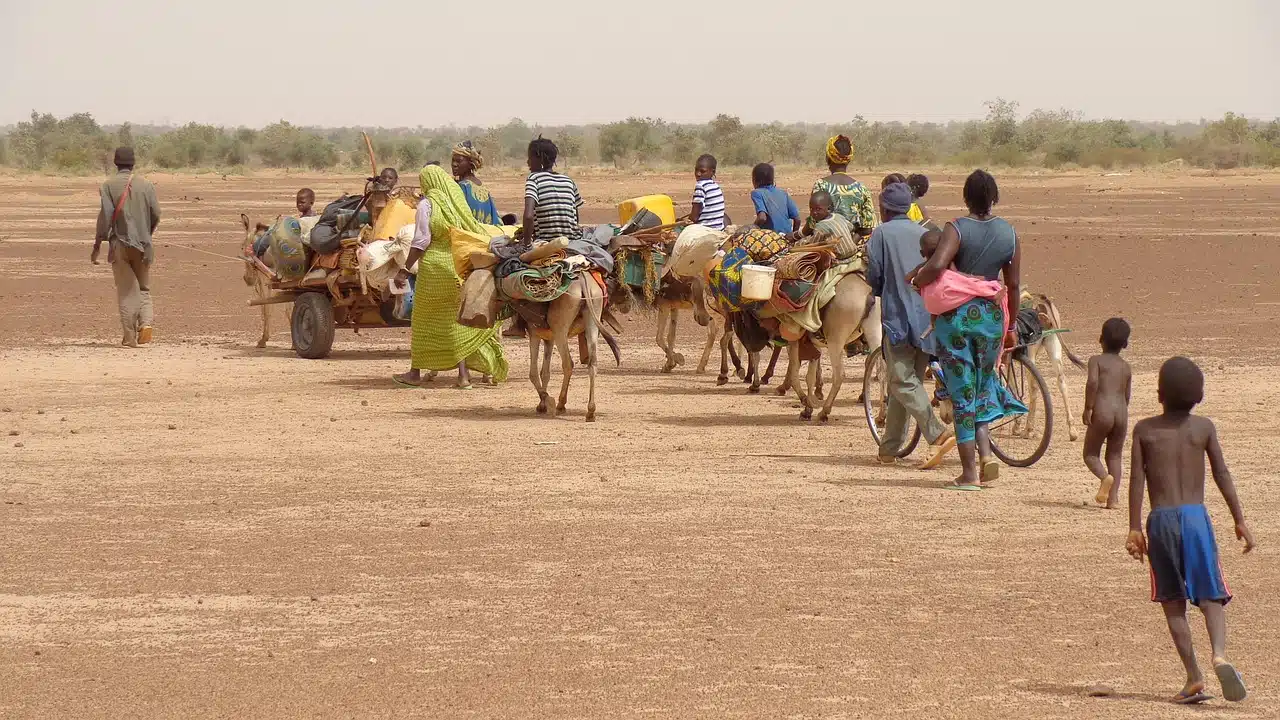
Exile occurs when a person must leave their homeland or place of residence for a compelling reason.
Exile consists of the removal of an individual from the place where he or she resides or from his or her homeland . When this separation is forced and occurs for political reasons, we speak of expatriation .
The consequences experienced by a person who is exiled and the place where he or she is located are also called exile. For example: "The repression led thousands of people into exile" , "I have insomnia since I have been in exile" , "When will the exile end and will we be able to return home without risking our lives?" .
Exile throughout history
At the time of World War II , when the Nazis and Communists dominated a large number of nations, exiles took place in many countries. From Jews escaping persecution to those who had to leave due to their political commitment, millions of people had to settle in regions far from their lands.
One of the most famous exiles throughout history was the German physicist Albert Einstein ( 1879-1955 ); His destination was the United States . It should be noted that there are not only people in exile, but also governments (like that of Tibet ) or even nations (as happened with Armenia between 1078 and 1375 ).
In Argentina , after the 1976 coup d'état , thousands of individuals had to go into exile to avoid being imprisoned, tortured and/or murdered by the military dictatorship . Among the exiles were numerous personalities from the political and cultural spheres.
Exile ends when the causes that have forced people to leave their land disappear or when the laws are modified, allowing the free movement of individuals within the national soil. Generally, once totalitarian regimes have fallen, democratic governments promote programs to facilitate the repatriation (that is, the return) of those citizens who had to leave the country .

Albert Einstein had to resort to exile.
The situation in Spain during the Civil War
One of the most dramatic periods in Spanish history is that of the Civil War . It was a consequence of an attempted coup d'état perpetrated by Francisco Franco and those supporters of an authoritarian and undemocratic regime.
This first coup did not have favorable results for the military , but from it a strong guerrilla was unleashed in which many fighters died, both on the side of the Republicans (who defended the legitimacy of the Popular Front government and political activists belonging to Marxism , to anarchy and the workers' party ) and that of the Francoists (formed by the high command of national security, the Catholic church and the bourgeois and conservative right).
This conflict began in 1936 and ended on April 1, 1939 , when General Franco publicly declared his victory and established himself in power, in a dictatorship that would last 36 regrettable years . To avoid being killed or tortured, many people on both sides went into exile during the war ; However, when it ended, the majority of individuals who had to leave their land were republicans or those who had open thinking, since the dictator annulled all political parties and unions and ordered the persecution of not only their leaders, but all those citizens who supported them.
The countries that received the largest number of Spanish exiles were France , Morocco and Latin American nations such as the Dominican Republic , Cuba , Mexico and Argentina .
One of the most notable consequences of mass exiles is the loss of a generation ; In the case of Spain , it was one of the generations that is considered best formed in history (after the Golden Age ); Fabulous poets and storytellers, scientists, politicians and health workers had to leave their homeland and settle somewhere else in order to save their lives.
Economically, the mass exile resulted in a delay, given the numerous casualties and losses experienced during the guerrilla . This in turn caused a lack of scientific and cultural growth, which would not be recomposed until dozens of years later, in the period of the Spanish Transition .
